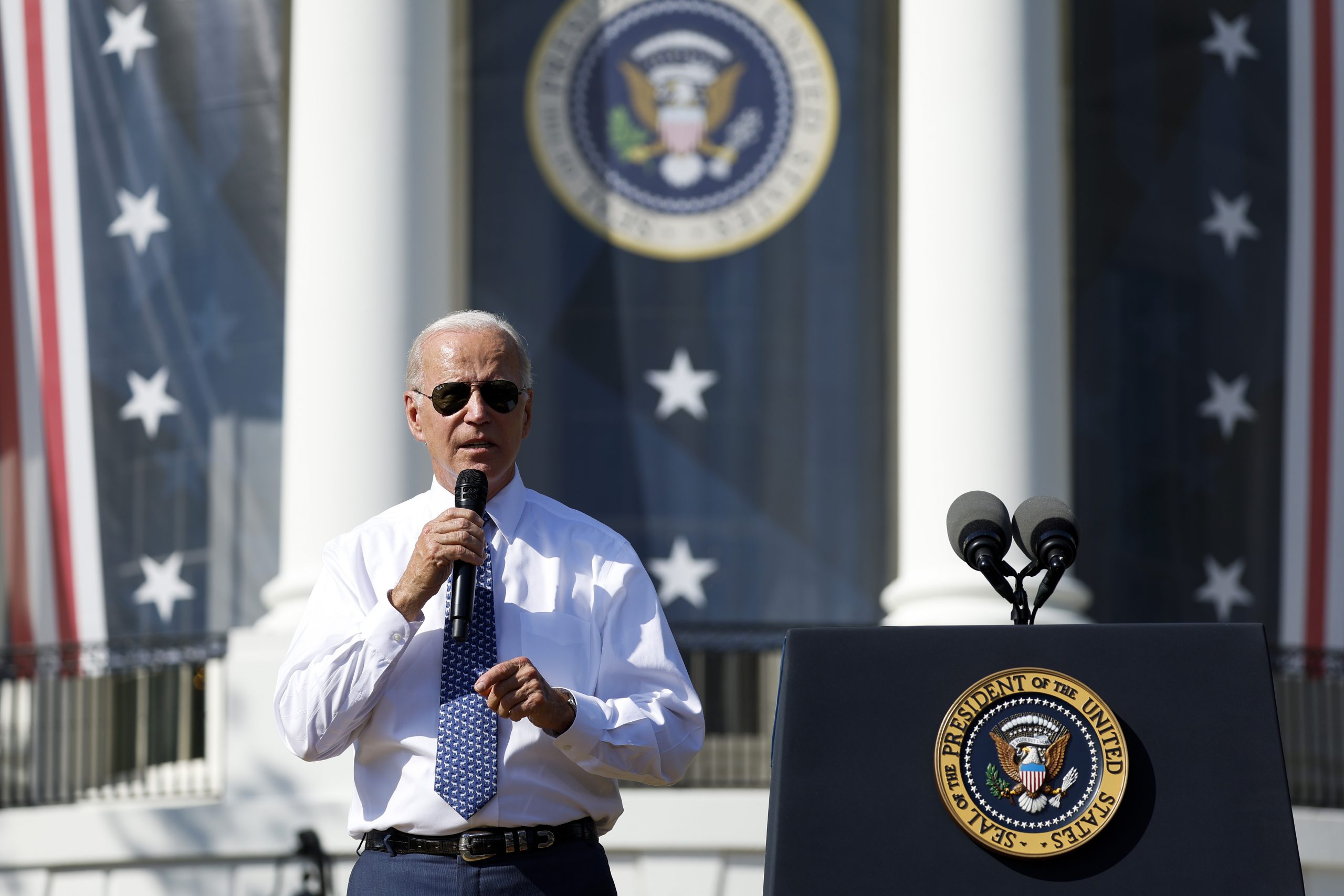President Biden has officially announced that he’s running for a second term in 2024.
Among the first-term achievements he touted were his actions to address climate change. There’s a good reason for that — Biden’s reelection may well hinge on turnout among young voters who care passionately about the climate.
But worryingly for Biden, a Fossil Free Media and Data for Progress poll this spring showed a dramatic drop in approval for the president’s climate and energy policies, particularly among independent voters and youth. The dip followed Biden’s decision to approve the Willow oil drilling project in Alaska, breaking a campaign promise to end oil and gas leasing on public lands and waters.
A Change.org petition urging the administration to stop the project has reached more than 5 million signatures. Another 2.3 million people submitted comments to the White House urging Biden to reject the project. TikTok videos criticizing the project drew more than 650 million viewers.
When Biden approved the project anyway, youth climate activist Magnolia Mead wrote that the decision “felt like a slap in the face” and demonstrated “a disregard for the people who elected” Biden. Protests erupted outside Vice President Kamala Harris’s appearance on the Stephen Colbert Show and the president’s conservation summit at the Department of the Interior.
Although Biden has signed off on significant investments in clean energy, the Willow decision was by no means an anomaly. Barely three weeks after the Willow decision, the Energy Department gave final approval for a massive gas export terminal in Alaska.
This isn’t just bad politics by Biden. It’s bad science.
